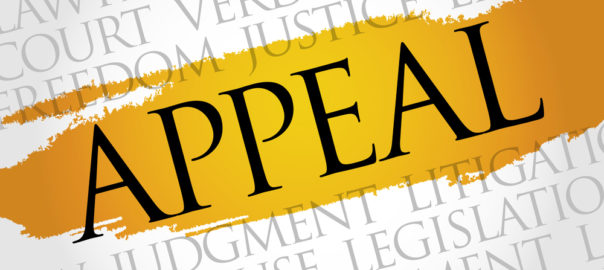Garza v. Idaho
No. 17-1026
U.S. Supreme Court
Decided: February 27, 2019
ISSUE
Whether counsel is deemed ineffective where a defendant requests that counsel file a Notice of Appeal and, even in light of a signed waiver of appeal, defense counsel fails to file the notice of appeal.
HOLDING
The U.S. Supreme Court held that counsel is ineffective where counsel declines to file a Notice of Appeal at the defendant’s request even where the defendant has signed a waiver of appeal.
FACTS OF THE CASE
Garza signed a waiver of appeal upon pleading guilty to criminal charges in the state of Idaho. Following Garza’s sentencing, he informed counsel that he wished to pursue an appeal. Counsel advised Garza not to appeal because he had signed a waiver of appeal. After the time to file a notice of appeal expired, Garza sought post-conviction relief on ineffective assistance of counsel grounds. The trial court denied relief and the Idaho Court of Appeals affirmed the state court’s decision. Thereafter the Idaho Supreme Court affirmed, holding that counsel could not be deemed deficient nor did counsel’s performance prejudice Garza. The Court also held that where a defendant has signed a waiver of appeal, the presumption of prejudice, under Roe v. Flores-Ortega, 528 U.S. 470, does not apply.
COURT’S ANALYSIS
Strickland v. Washington, 466 U.S. 668 set forth a two-prong test a defendant must meet to demonstrate ineffective assistance of counsel: (1) counsel’s performance must be ineffective, and (2) counsel’s deficient performance must have prejudiced the defendant so much as to have deprived him of a right to a fair trial. However, when counsel’s performance is so ineffective that it “deprives a defendant of an appeal that he otherwise would have taken,” prejudice is presumed. Flores-Ortega, 528 U.S., at 484.
Commonly included in a defendant’s plea agreement is a waiver of appeal. At face, a defendant has signed away his right to pursue an appeal. However, the Supreme Court recognizes that the waiver does not prevent the defendant from pursuing appellate claims outside the scope of the plea agreement.
As noted in Flores-Ortega, effort on the part of counsel required to file a Notice of Appeal is “purely ministerial” and “imposes no great burden.” 528 U.S., at 474. Whether an appeal is worth pursuing is not up to counsel; the defendant has the “ultimate authority.” Jones v. Barnes, 463 U.S. 745, 751.
Here, Garza’s attorney clearly disregarded his persistent requests to file a notice of appeal when it was not up to counsel to decide. Because Flores-Ortega has determined that a presumption of prejudice applies when a defendant is “denied counsel at a critical stage,” the Court held that a presumption of prejudice also applies when counsel’s ineffectiveness has deprived the defendant of an “appellate proceeding altogether.” 528 U.S., at 483. Therefore Garza’s attorney deprived him from a critical proceeding to which Garza had the right.
Contrary to the Government’s argument, Garza need not demonstrate that his claims would have won on appeal. The defendant’s right to this procedure overrides any conditions proposed by the Government and, in any case, it would be improper to require a defendant to determine which arguments he would have made on appeal.
The U.S. Supreme Court reversed and remanded the Idaho Supreme Court’s decision.
